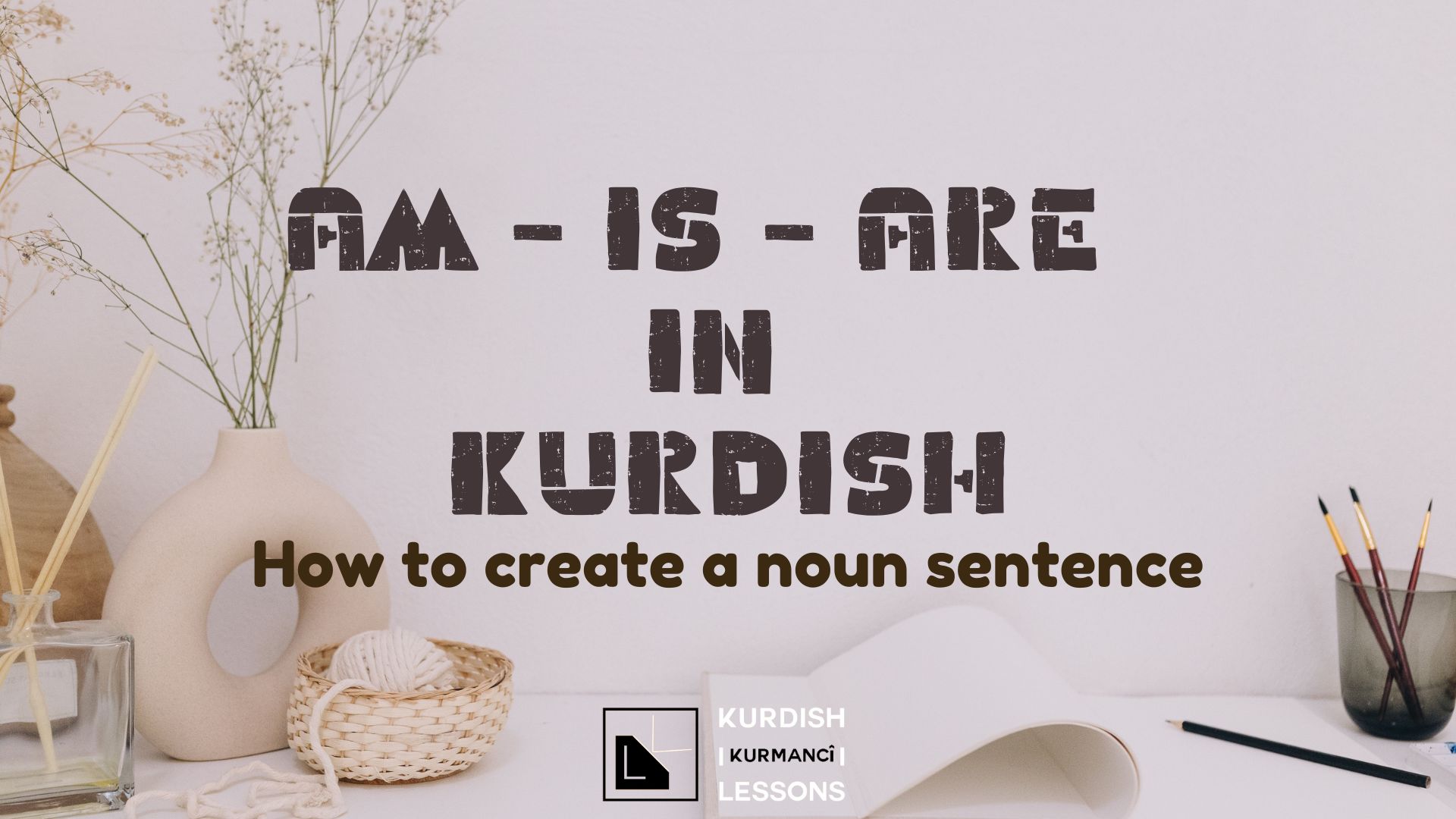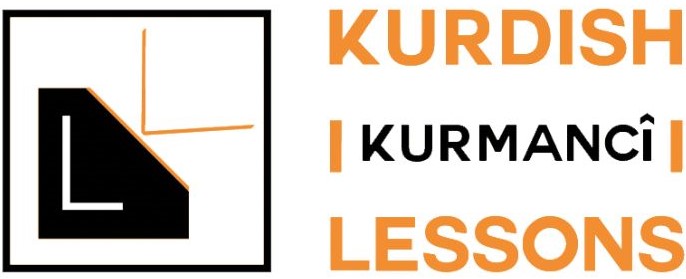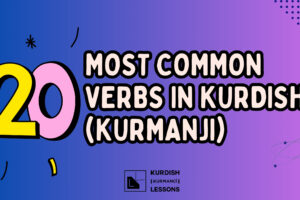
Am – is – are in Kurdish
Basically, to create a basic noun sentence we conjugate the verb ”bûyîn” which means ”to be, to become”.
We use the verb ”bûyîn” to express present states and conditions. We can use ‘bûyîn” with an adjective, noun, phrase or preposition.
Before we start conjugating, let us have a look at our nominative pronouns:
- Ez – I
- Tu – You
- Ew S/he/It
- Em – We
- Hûn – You pl
- Ew – They
Examples of postconsonantal copulas:
- Ez kurd im. – I am Kurdish.
- Tu kurd î. – You are Kurdish.
- Ew kurd e. – S/he is Kurdish.
- Em kurd in. – We are Kurdish.
- Hûn kurd in. – You are Kurdish.
- Ew kurd in. – They are Kurdish.
Examples of postvocalic copulas:
- Ez jêhatî me. – I am hardworking.
- Tu jêhatî yî. – You are hardworking.
- Ew jêhatî ye. – S/he is hardworking.
- Em jêhatî ne. – We are hardworking.
- Hûn jêhatî ne. – You pl. are hardworking.
- Ew jêhatî ne. – They are hardworking.
Different examples:
- Leymûn tirş in – Lemons are sour.
- Tu hevalê min î – You are my friend.
- Bisiklêtê min nû ye. – My bicycle is new.
- Ew stranbêj e. – S/he is a singer.
The negative ne is positioned before the complement (or whatever is negated, but not before the copula):
- Leymûn ne tirş in. – Lemons aren’t sour.
- Tu ne hevalê min î. – You are not my friend.
- Bisiklêtê min ne nû ye. My bicycle is not new.
- Ew ne stranbêj e. – S/he is not a singer.
To create a question, all you need to do is to put a question marker (with intonation):
- Leymûn tirş in? – Are lemons sour?
- Tu hevalê min î? – Are you my friend?
- Bisiklêtê min nû ye? Is my bicycle new?
- Ew stranbêj e? – Is s/he a singer?
And negative questions are built as it is shown below:
- Leymûn ne tirş in? – Aren’t lemons sour?
- Tu ne hevalê min î? – Aren’t you my friend?
- Bisiklêtê min ne nû ye? – Is my bicycle new?
- Ew ne stranbêj e? – Isn’t s/he a singer?
Test yourself:




3 Comments
Much obliged û gelek spas:))
Hello, I wanna learn Kurmanci. I need some dictionary suggestion while studying your articles. Because I don’t know some words here.
Merheba,
There is an online dict. called wikiferheng — https://ku.m.wiktionary.org/wiki/Destpêk